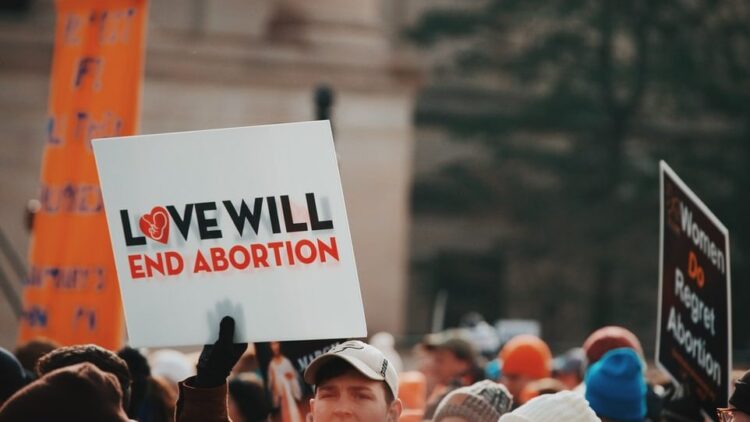Lubbock Texas becomes largest city in U.S. to ban abortions

Citizens of Lubbock, Texas, voted overwhelmingly to approve an ordinance that would ban abortions within their city limits over the weekend.
The ordinance, which passed with over 60% of the vote, says, “It shall be unlawful for any person to procure or perform an abortion of any type and at any stage of pregnancy in the City of Lubbock, Texas” and “It shall be unlawful for any person to knowingly aid or abet an abortion that occurs in the City of Lubbock, Texas.” Abortion is defined in the ordinance as “the act of using or prescribing an instrument, a drug, a medicine, or any other substance, device, or means with the intent to cause the death of an unborn child of a woman known to be pregnant.”
Lubbock is now officially the 26th state in the country to become a “sanctuary city for the unborn” and the first to do so through a vote of the residents.
Mark Lee Dickson, director of Right to Life of East Texas and founder of the Sanctuary Cities for the Unborn Initiative, hailed the new ordinance as a “significant victory” for the pro-life movement, as Lubbock is the 11th most populated city in the State of Texas and the 83rd most populated city in the United States.
Dickinson says the ordinance was brought to the city officials in November of last year after over 5,000 signatures were collected in favor of forcing the Mayor and City Council to take up the issue but was voted down 0-7. He says the council members cited Roe v Wade as the law of the land and must be followed.
“Since the vote of the council was forced by the Initiative and Referendum process, this allowed for Lubbock residents to take the opportunity to get the ordinance on the ballot and to vote on the ordinance themselves on May 1, 2021,” said Dickinson.
Lubbock Mayor Dan Pope said in a statement that “voters made it clear that Lubbock will become the next sanctuary city for the unborn.”
“I am encouraged by the significant voter turnout,” he added
Dickinson explains that the enforcement mechanism is two-part, public and private.
“While the public enforcement mechanism is dependent upon the overturning of Roe v. Wade, the private enforcement mechanism is immediately enforceable,” he states. “It is not reliant on the overturning of Roe v. Wade.”
The ordinance outlines the private enforcement mechanism, stating, “Any person, corporation, or entity that commits an unlawful act … other than the mother of the unborn child that has been aborted, shall be liable in tort to the unborn child’s mother, father, grandparents, siblings, and half-siblings. The person or entity that committed the unlawful act shall be liable to each surviving relative of the aborted unborn child for: (a) Compensatory damages, including damages for emotional distress; (b) Punitive damages; and (c) Costs and attorneys’ fees.”
Birth control devices or oral contraceptives are not included in the definition of abortion under the new ordinance. The act is not considered abortion if it is done with the intent to “save the life or preserve the health of an unborn child, remove a dead unborn child whose death was caused by accidental miscarriage or remove an ectopic pregnancy.”
In addition to these exceptions, there is also a life-of-the-mother exception, and the mother of the aborted child would not be penalized.
The cities decision comes as a new poll shows nearly half of the state’s voters (49%) support making abortions illegal after 6 weeks — except in the case of a medical emergency.